The Red Scare at the Conclave
The arrival of a vocal China dissident had his fellow cardinals on the edge of their seats as he was expected to challenge the papal front-runner.
The candidacy of the papal front-runner was in jeopardy. Italian Cardinal Pietro Parolin was the architect of one of Pope Francis’ most controversial decisions: a secret agreement reached between the Vatican and the Chinese Communist Party.
Cardinal Joseph Zen of Hong Kong—a vocal China dissident—was arriving to Rome and was preparing to speak at the Congregation of the College of Cardinals that was already underway following the death of the late pontiff.
It was seen as a speech that could put an end to Parolin’s hopes of becoming the next leader of the Catholic Church.
The 93-year-old departed Hong Kong on Wednesday, April 23rd, after successfully seeking permission from a court to attend Pope Francis’ funeral.
The retired bishop had his passport confiscated in 2022 after being arrested on suspicion of colluding with foreign actors to “endanger China’s national security” under a controversial law that was imposed on the city by Beijing in 2020 in response to widespread anti-government protests.
Details of Pope Francis’ 2018 agreement with China remain undisclosed to this day, but it’s largely understood that the deal gave the CCP the authority to appoint its own bishops (a right typically exclusively awarded to the pope) with the Vatican retaining veto power over the selections. The two sides extended the arrangement in 2024 for another four years.
China broke off relations with the Holy See in 1951 after the officially atheist Communist Party took power. The new accord marked the first time China formally recognized the pope’s authority since then.
It was viewed as a landmark moment for Pope Francis and his secretary of state, Cardinal Parolin, who brokered the deal.
Zen has been an outspoken critic of the agreement since the beginning. He warned that the deal ceded too much power to Beijing and came to the detriment of persecuted Christians, comparing China’s estimated 12 million “underground” Catholics to birds, and saying the communist party was using the Vatican to “put them into a cage.”
The cardinal from Hong Kong was now coming to Rome, and allies of Parolin feared he could deliver a convincing speech that could come to the detriment of his candidacy for the papacy.
At 93-years-old, Zen was unable to vote in the upcoming conclave; however, his input could be persuasive to the 133 cardinal-electors who would in the following days be selecting the next leader of the Catholic Church.
Newspapers in Italy were speculating about Zen’s arrival, with some suggesting the immediate start of the Congregation of the College of Cardinals—beginning the day after the death of Pope Francis—was perhaps an effort to prevent Zen from delivering his account.
Zen even issued a statement criticizing the timing, arguing the immediate start of the meetings put him—and other cardinals from the periphery of the Church—at a disadvantage:
"Cardinal Zen would like to know why the first session of the General Congregations has to start so early," Zen said in a statement. "How are the old men from the peripheries supposed to arrive on time. There is the kind word reminding them that they do not have the duty to attend, but they have the right to do so. Yes or no?"
The following week, on April 30th, Zen would have his highly-anticipated opportunity to address his fellow cardinals. He took the floor at the meeting of cardinals and delivered a lengthy speech. He recounted his friendly experiences with Francis, but also delivered a rebuke of the late pontiff’s use of the synodical process.
"The electors of the next pope must be aware that he will bear the responsibility of either continuing this synodal process or decisively halting it. This is a matter of life or death for the Church founded by Jesus," he told his fellow cardinals.
Yet, after several minutes speaking about synodality, Zen concluded his remarks. He never raised the issue of China’s persecution of Christians, nor the controversial arrangement between the Vatican and the CCP, nor Parolin’s involvement brokering the deal.
At the beginning of his prepared speech, Zen did offer a brief disclosure: "Before making my remarks, I ask your forgiveness if I cannot speak on certain matters and must maintain the utmost discretion in my conduct. Thank you for your understanding."
Was he afraid of retribution from China? Is it possible that word could get back to the CCP and action could be taken against him? Was Parolin’s ascension to the papacy so seemingly inevitable that Zen feared repercussions from Parolin if he were to speak out? Did he question whether his warning would even have an effect?
The answer to that question lies with Zen alone.
That’s not to say that the China deal was not mentioned during the meetings. Instead, it was Cardinal Raymond Leo Burke of the United States who raised the issue on the final day. He decried the abandonment of Christians in China in the aftermath of the agreement, condemned the lack of transparency behind the negotiations and terms, and even called out Parolin by name for his involvement in brokering the deal.
It was one of the final messages the cardinal-electors would hear before they went home that evening, many checking in that night to Casa Santa Marta prior to sequestering themselves for the following morning’s conclave.
As we now know, the Vatican-China deal would be a key factor in sinking the papal hopes of Parolin over the next 48 hours.
Zen has since returned back to Hong Kong—an admirable move within itself. He could have stayed in Rome and lived out his life in comfort, no longer fearing that his advocacy could be met with retribution.
Zen, however, didn’t have to deliver a blistering speech to get his point across. There is not a single cardinal who is not aware of the hardships he has faced for his positions. Those familiar with the discussions at the congregations say Zen's mere presence delivered a powerful message.
He provided a glaring juxtaposition from Parolin: a Church that cedes ground to the Chinese Communist Party versus a Church that stands up to it.




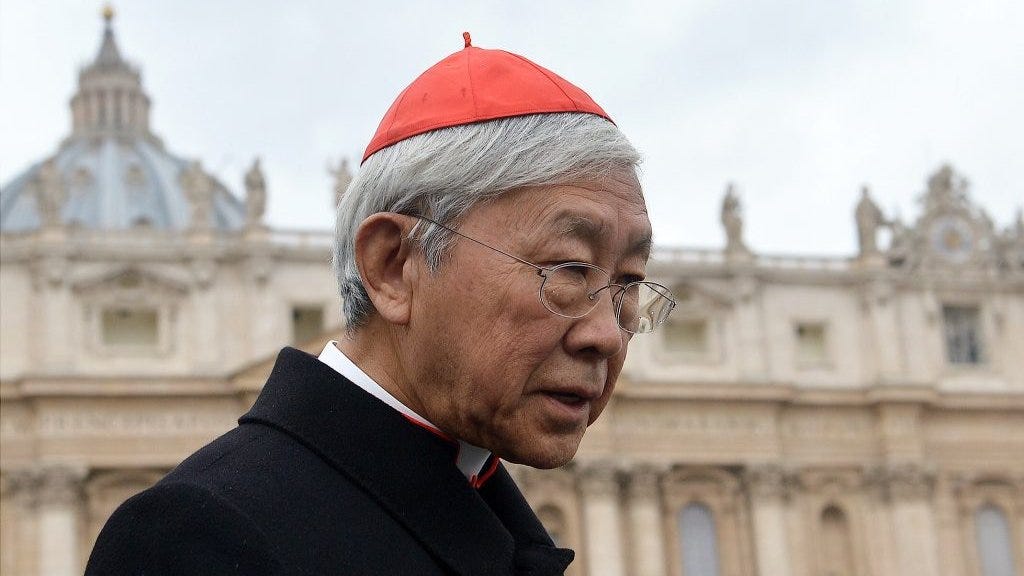

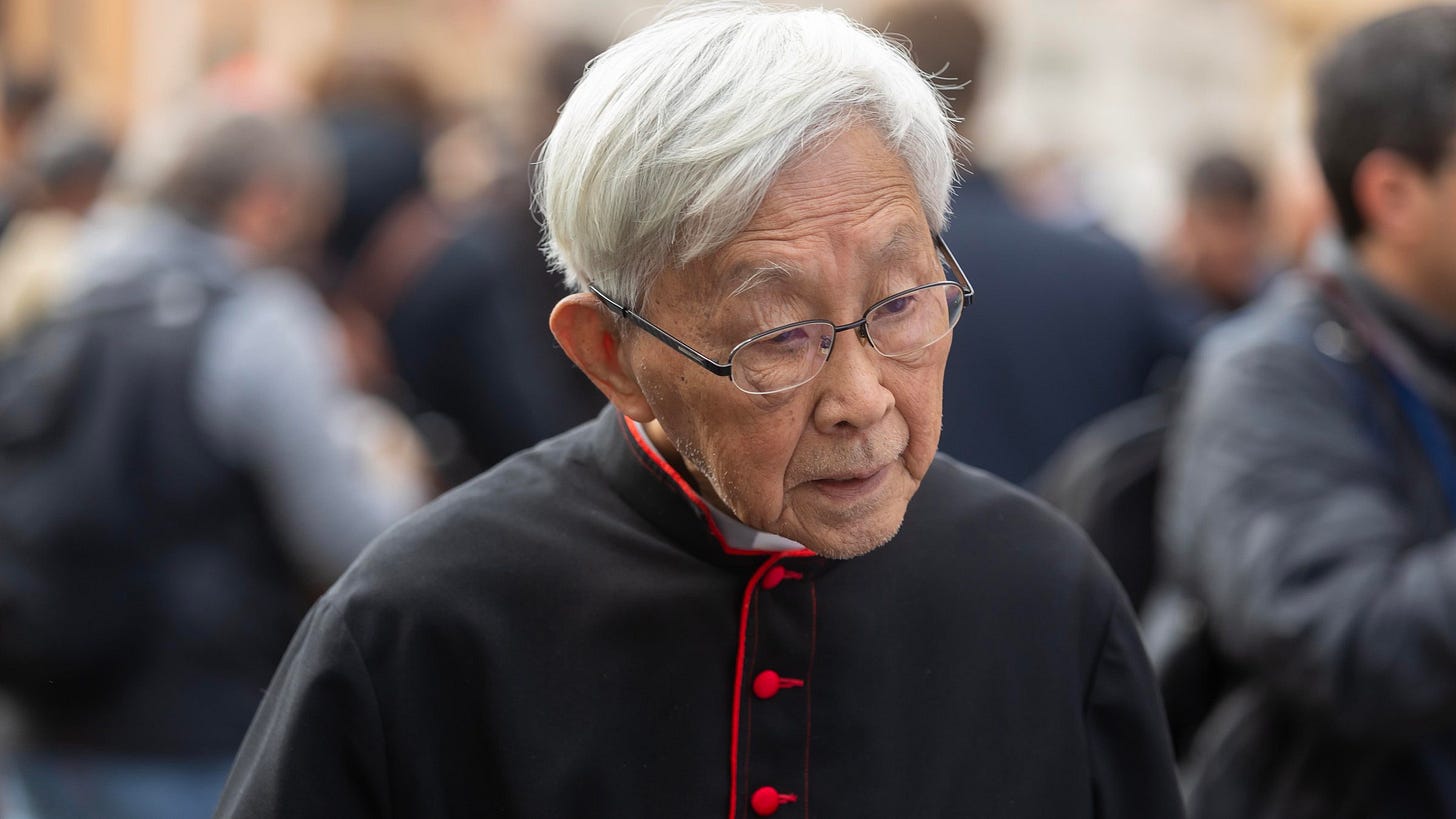
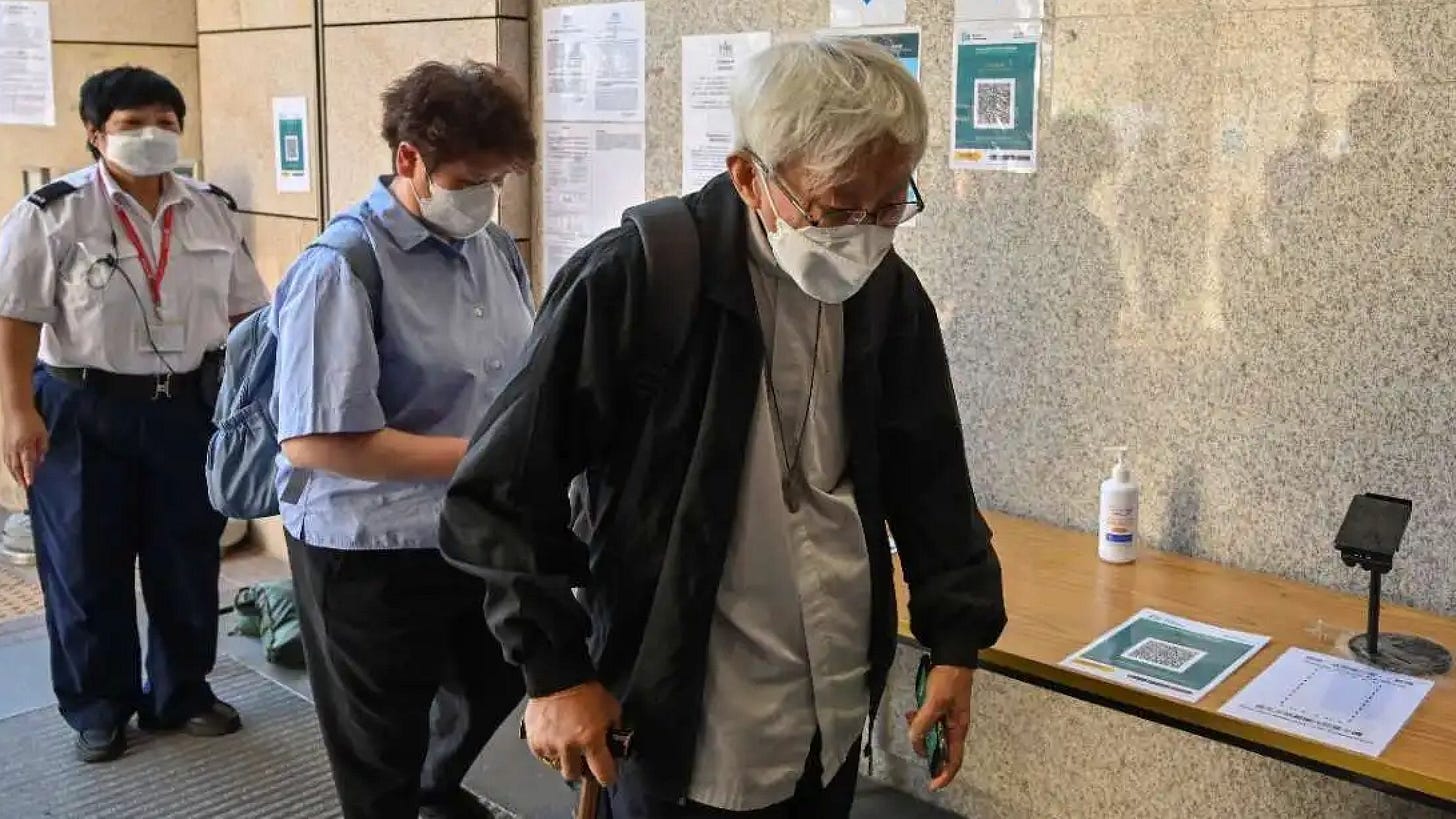
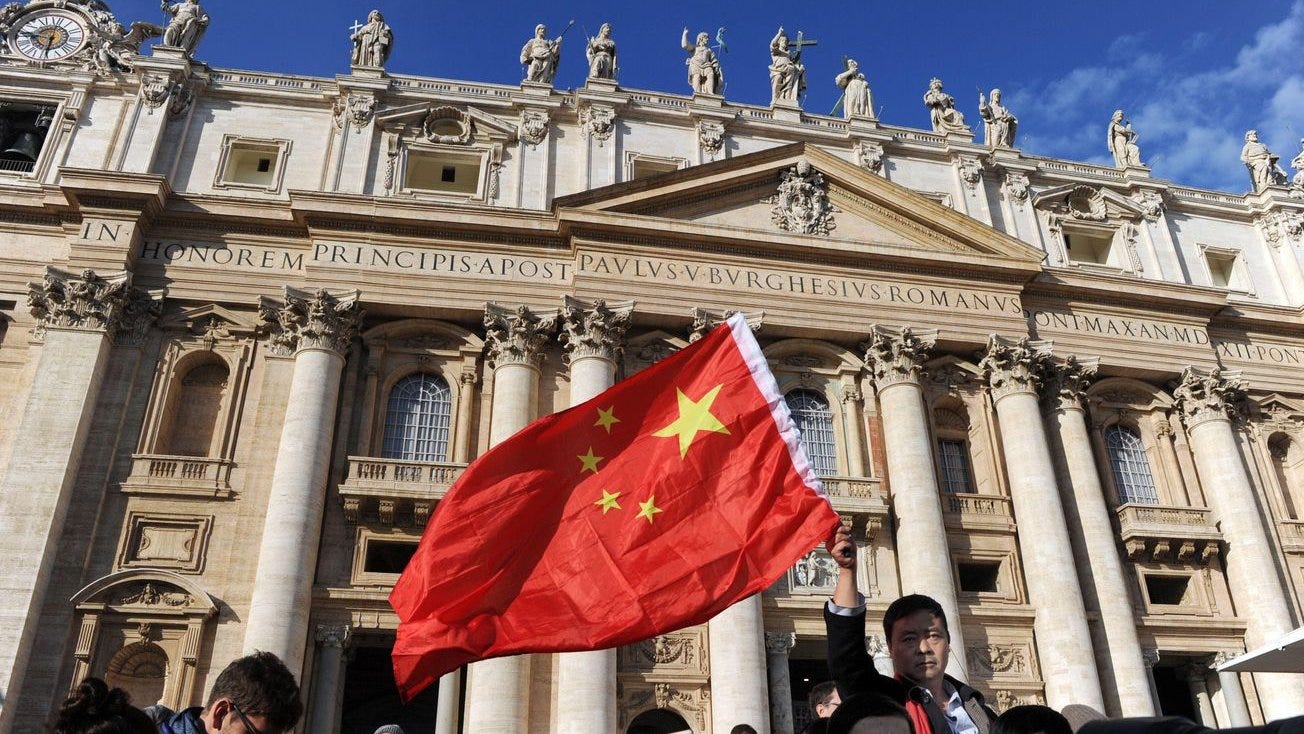

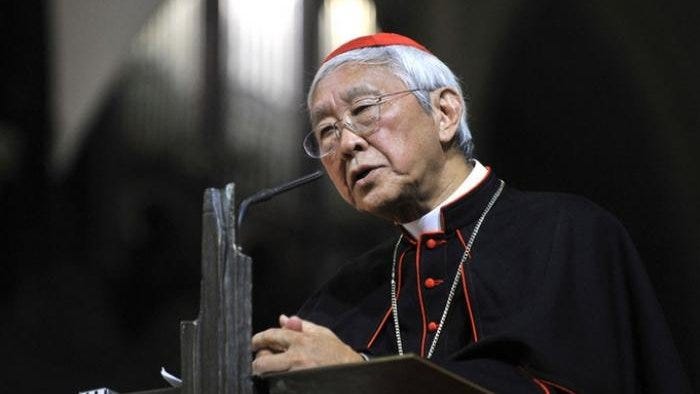
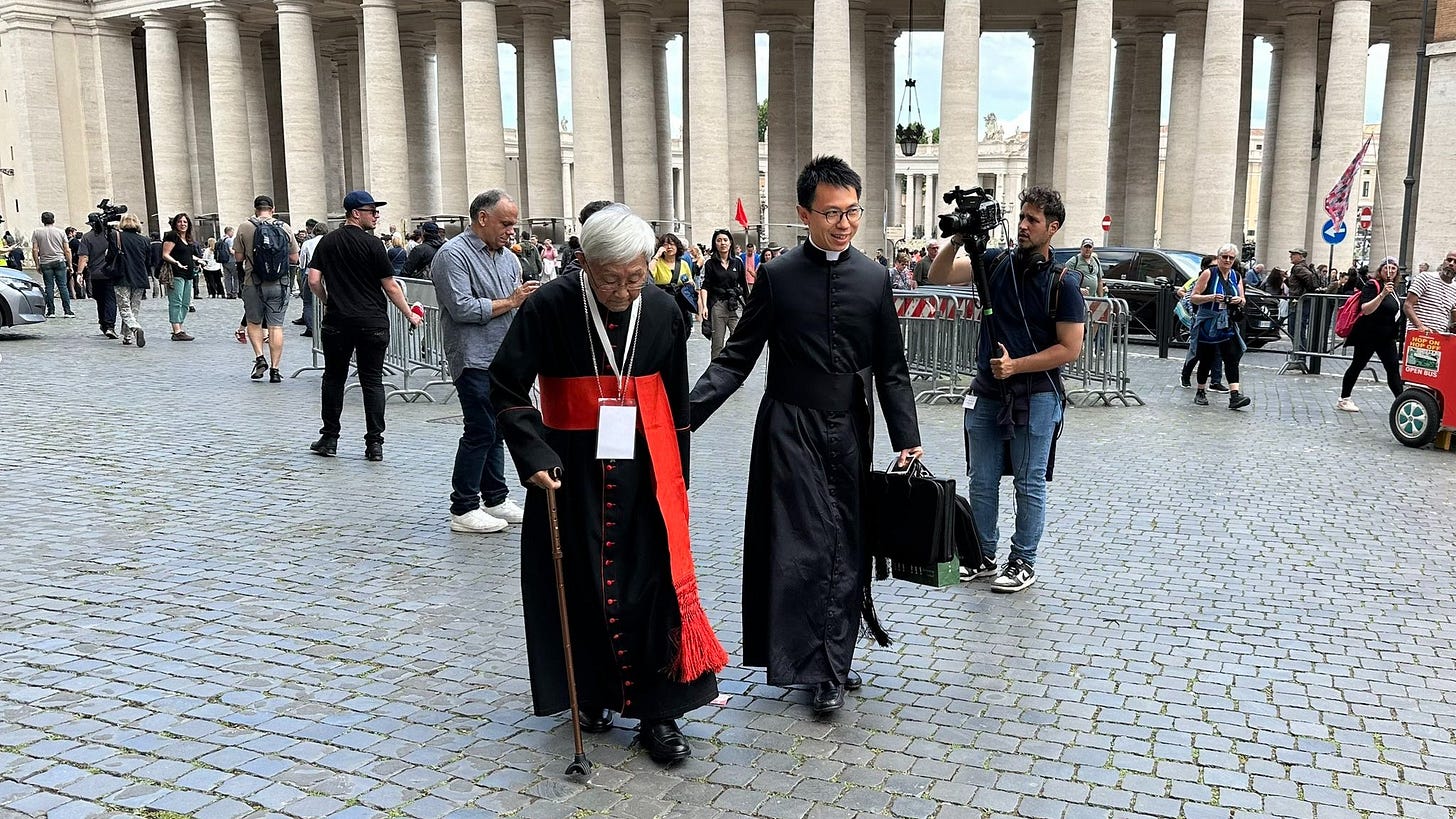
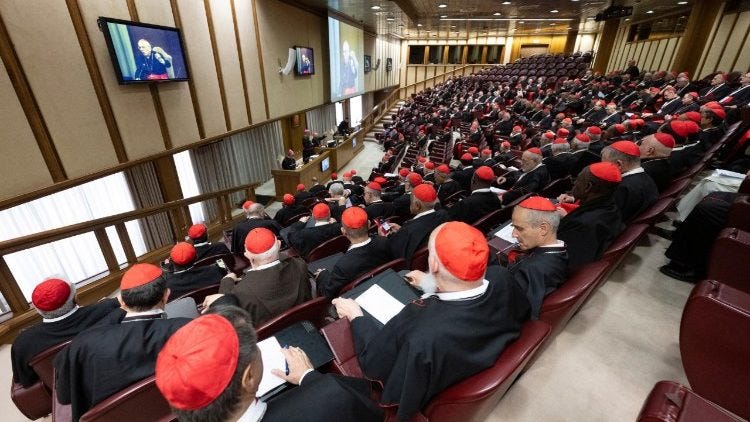

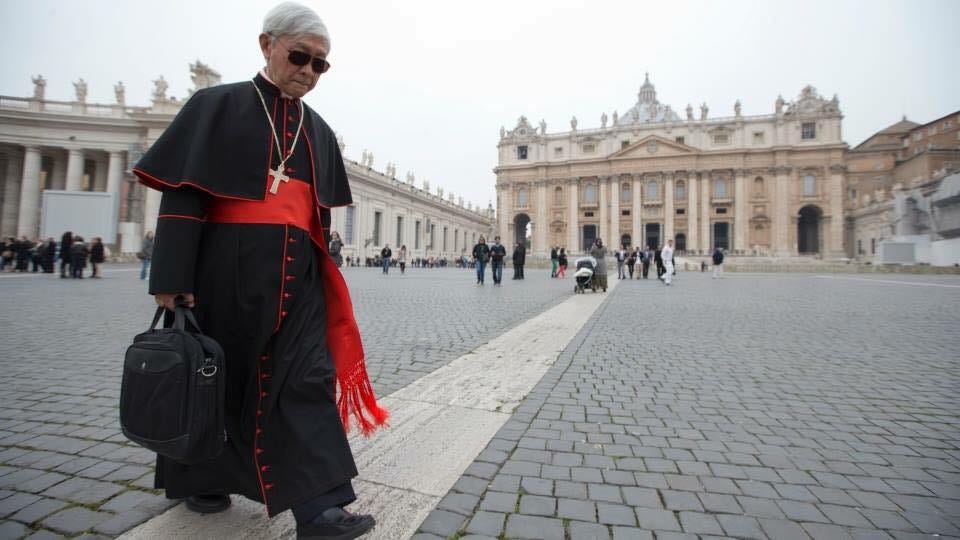


Thanks for this piece. Cardinal Zen is an inspiration.
Is Pope Leo's position on the existing China deal known at all?
I would suspect that Cardinal Zen was not worried about personal retribution, of course, but grave danger to his flock remaining in China. So sad.